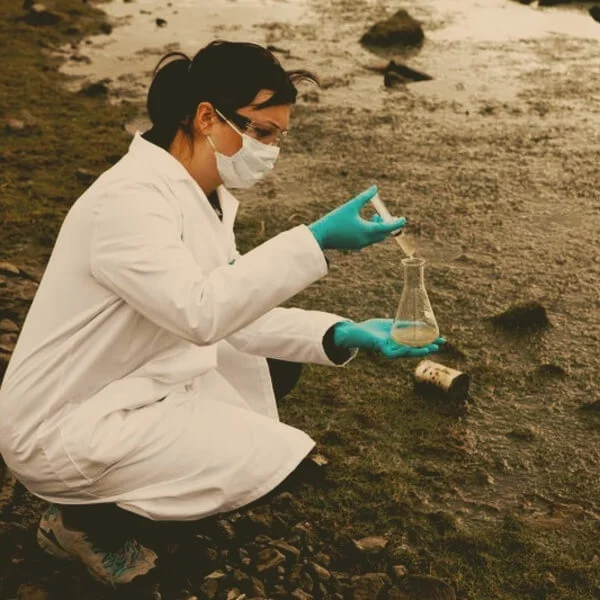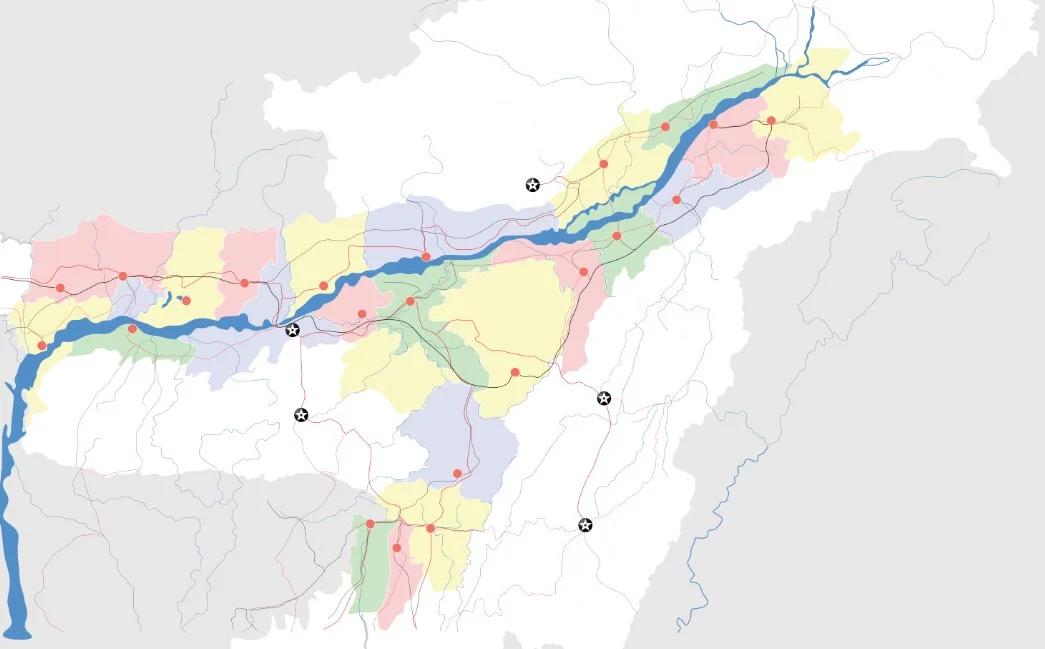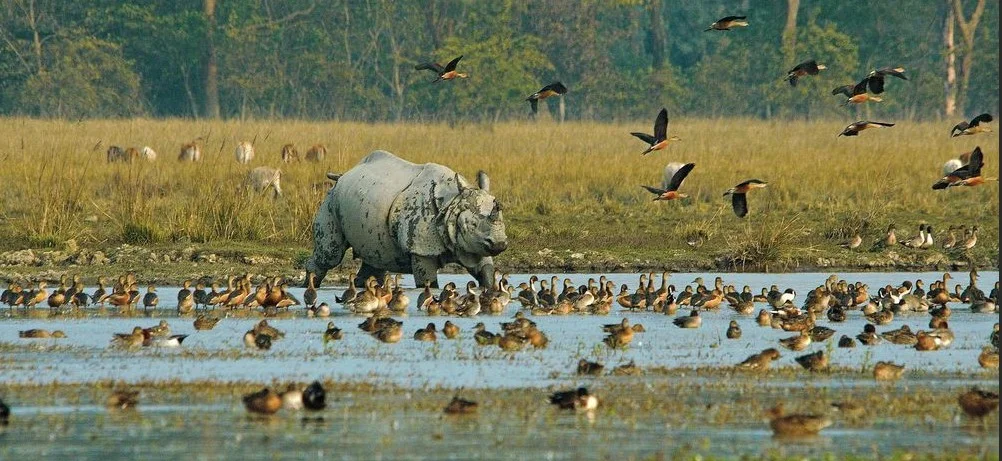Environmental science is a dynamic field that offers diverse career paths for individuals passionate about making a positive impact on the planet. From researching climate change to implementing sustainable practices, professionals in this field play a crucial role in preserving our environment. In this article, we’ll explore various career paths in environmental science,
Exploring Environmental Science Careers
Environmental Scientist

Environmental scientists are at the forefront of understanding and addressing environmental challenges. They conduct research, analyze data, and develop solutions to issues such as pollution, deforestation, and climate change. A bachelor’s or advanced degree in environmental science, biology, or a related field is typically required.
Conservation Biologist

Conservation biologists focus on preserving biodiversity and ecosystems. They study the interactions between species, assess the impact of human activities, and develop conservation strategies. A strong background in biology, ecology, or environmental science is essential for this career.
Environmental Engineer

Environmental engineers apply engineering principles to address environmental challenges. They design and implement technologies to improve air and water quality, waste management, and sustainable energy solutions. A degree in environmental engineering or a related field is typically required.
Sustainability Consultant
Sustainability consultants work with organizations to develop and implement environmentally friendly practices. They assess current operations, recommend sustainable solutions, and help businesses reduce their ecological footprint. A background in environmental science, business, or sustainability is beneficial for this role.
Navigating Career Choices: Finding Your Path
Choosing a career in environmental science requires careful consideration of your interests, skills, and long-term goals. Here are some factors to guide your decision:
Passion for the Environment: Identify specific environmental issues or causes that resonate with you. Whether it’s wildlife conservation, renewable energy, or water quality, aligning your passion with your career choice enhances job satisfaction.
Educational Background: Assess your educational background and determine the level of education required for your chosen career path. Some roles may require a bachelor’s degree, while others may necessitate advanced degrees or specialized certifications.
Skill Development: Environmental science careers often require a combination of technical and soft skills. Develop strong analytical, communication, and problem-solving skills to excel in the field.
Networking: Connect with professionals in the environmental science field to gain insights into various career paths. Attend conferences, join online forums, and seek mentorship opportunities to expand your network.
FAQs
Q. What is the salary range for environmental scientists?
Environmental scientist salaries vary based on experience, education, and the specific industry. On average, entry-level positions may start at $50,000 to $60,000, with the potential for higher earnings with experience.
Q. Are there international opportunities in environmental science careers?
Yes, environmental science professionals often find opportunities to work internationally, especially in organizations focused on global environmental issues.
Q. How can I transition into a career in environmental science from a different field?
Consider pursuing relevant certifications or additional education to bridge the gap between your current skill set and the requirements of environmental science roles. Networking and gaining practical experience through internships can also aid in the transition.
Making a Difference in Environmental Science Careers
Environmental science careers offer a unique opportunity to contribute to the well-being of our planet. Whether you choose research, conservation, engineering, or consulting, each career path plays a crucial role in addressing environmental challenges. By combining your passion for the environment with the right skills and knowledge, you can embark on a fulfilling journey towards a sustainable future.












